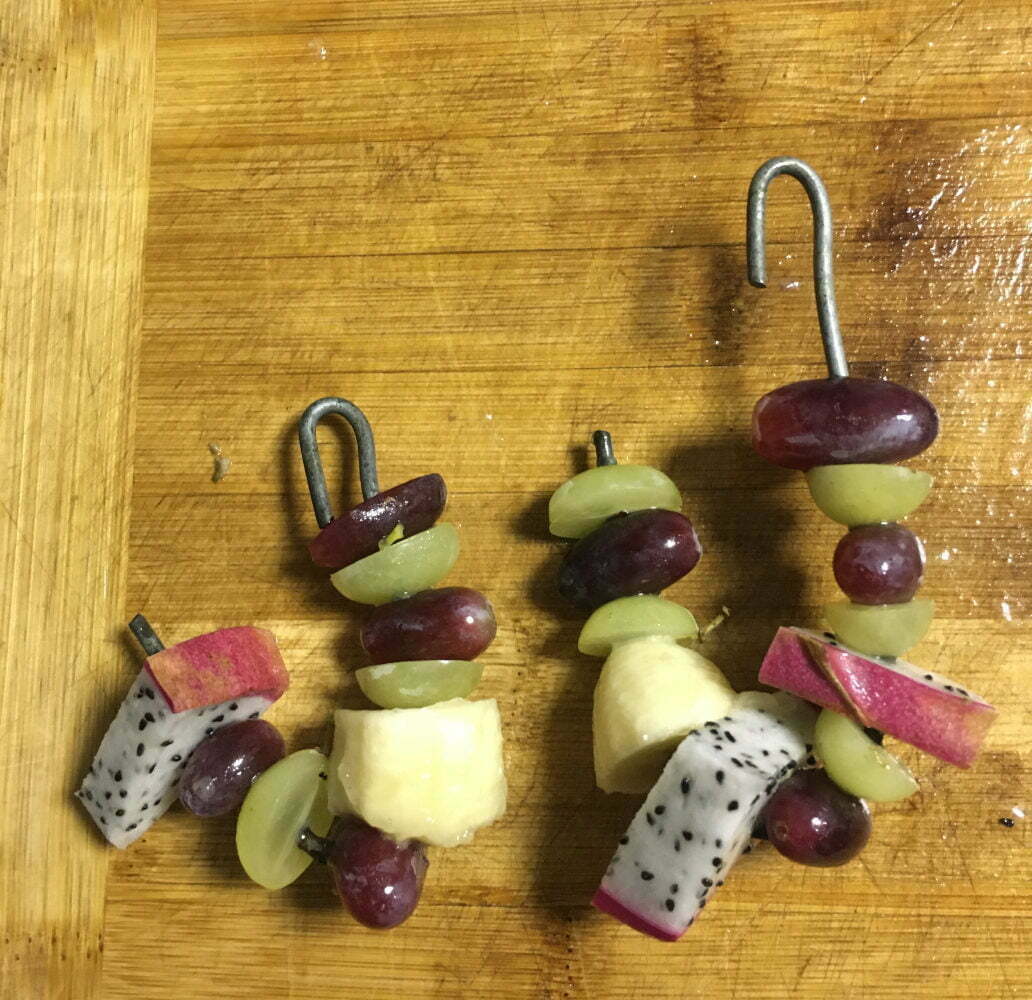Great to hear you want to care for a flying fox, we always need more hands on deck!
FLYING FOXES
Townsville, haS three types of flying fox
the Little red flying fox, the Black flying fox, and less common but unique to our region, the Spectacled flying fox
Information for potential carers
Feel the love! Learn to look after baby flying foxes.
Flying Fox Care Training
$10
To register and for more details, email
Dominique.Thiriet@nqwildlife.org.au
Caring for Flying Foxes in your home
Flying foxes are cute, affectionate and intelligent but unfortunately, they often get in trouble and need to be rescued. We rescue many hundreds each year, including adults and babies. Flying foxes come into care all year round but the bulk of them come in during the breeding season when babies are found abandoned because of human disturbance, heat events or other factors we do not understand. September/December for black flying foxes and May/July for little red flying foxes are the times of year when we are desperate for carers!
Baby flying foxes are usually in care for 2-3 months. To become a baby flying fox carer you will need the following:
• Be vaccinated against ABLV (please provide a copy of your vaccination record);
• Have your own specialised permit or, if not, we will include you on the group permit;
• Attend the Introduction to Flying Fox Care Workshop, or if that is not possible, attend one-on-one training;
• Be able to feed your baby 4-5 times a day (night feeding is not required);
• Have suitable equipment (bottles, teats, cloths, basket, cloth rack, digital scales, source of heat, etc – check with coordinator before purchase);
• Have a room where the baby can be kept safe from predators, domestic animals and children;
• Be willing to follow instructions and keep records;
• Not be too fussy – you will get pooed on!
• Have the time to play, cuddle, clean wings, sunbathe together and marvel at the sweet clicking sound happy baby bats make!
Flying foxes can carry and transmit Australian Bat Lyssavirus (ABLV). Although the risk of contracting ABLV is very low (less than 1% carry the virus and it is not transmitted easily), we take our members’ safety very seriously. Before you can care for a flying fox, you will be required to complete a course of vaccinations and have a follow-up blood test to ensure your ABLV titre is above 1.0 IU/ml. You will also have to agree to abide by our safe bat handling protocols and have yearly checks of your blood titre levels to ensure your ongoing safety.
NQWC offers a vaccination subsidy for members. The form can be found in the members’ area of the website.
Flying foxes are pollinators and are the only pollinator species that pollinate and seed disperse our eucalyptus trees, they are essential for the survival of our Koalas and many other native wildlife.
We like to hang around
We are affectionate and intelligent but unfortunately, we often get in trouble and need to be rescued.
We are known to give you the love bug look
Flying Foxes need specialised care
NQ WILDLIFE can provide you with the required training needed to look after these wonderful beings
Interested in becoming a Flying Fox carer?
Contact Us or Visit Our Wildlife Centre.
Phone
Address
27A Aitken street Aitkenvale

